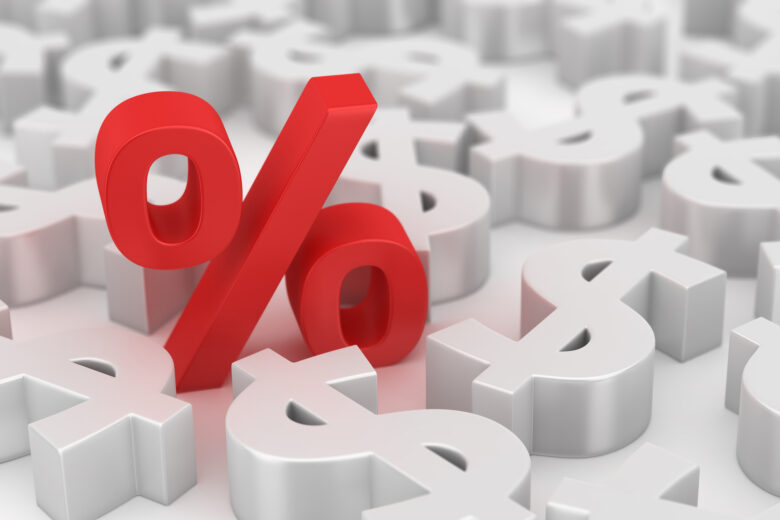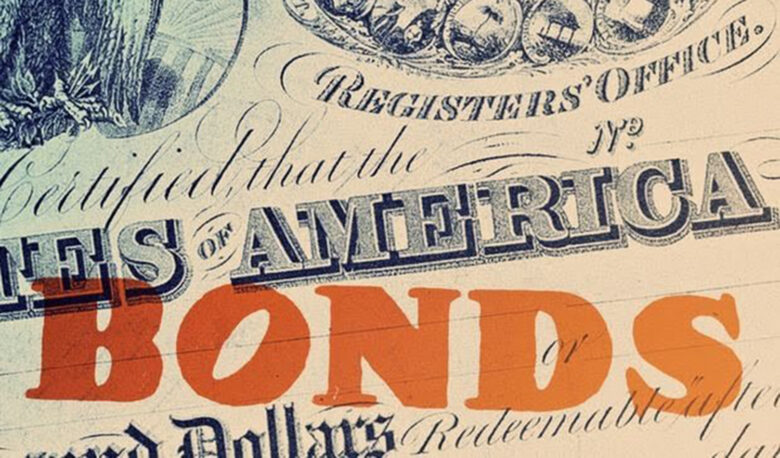Investors are always worried about economic downturns. During recessions, people seek for the best investments in which they are sure of good returns. However, many investors prefer buying bonds rather than investing in stock markets due to several reasons. The stock market’s performance turns out to be undesirable during recessions because of price fluctuations, and many people opt for purchasing bonds.
This paper examines the stability and suitability of bonds during recessions. The paper bases its discussion on price fluctuations on the stock market. It suggests whether it is suitable for investors to consider buying bonds instead.
Investing in Bonds During Recession

Source: investopedia.com
During a recession, many companies that offer bonds fall out of business. The interest rates on bonds may decline. Moreover, other bonds fail entirely when the companies providing them are unable to back them up. Therefore, it is suitable for investors to be cautious while trading in bonds during a recession. Governments usually lower the interest rates on bonds as a way of moderating the economy during a recession. This means that the net asset value of the bonds held deteriorates, and it becomes costly to fund more bonds.
As an investor, it is good to re-evaluate the average duration of the funds held in bonds. The duration should be decreased to between 3 to 4 years to minimize the extent of any possible risk. This is because a fall in the interest rates results in the deterioration of the bonds’ net asset value. During a recession, investors are better off when they minimize their purchase of bonds with high yields. Such bonds are generally associated with interest rates lower than investment capital and are very risky.
Furthermore, while investing in corporate bonds, investors should diversify their risks. Purchasing corporate bonds reduces the potential risk to be incurred by an investor during a recession. The company offering these bonds is adversely affected by the economic downturn.
Why Bond Investment May Not Work During a Recession

Source: insideyourira.com
With prices falling and interest rates being lowered during a recession, investors should consider several factors before investing in bonds. The factors to be considered include the interest rates, the returns, the cost of the bonds, and the risk of losing them in case the companies fall out of business. This paper discusses these considerations in detail as follows.
The Risk of Losing

Source: moneycrashers.com
People have a general assumption that it is much safer to invest in bonds than stocks. However, during a recession, this is not always the reality. During an economic downturn, many companies that offer bonds may fall out of business, meaning that the bonds held end up losing value. In such a situation, the increase in the interest rates results in a decrease in the bonds’ net asset value. Therefore, investors incur losses when they sell the bonds whose value has deteriorated. Investors have to consider the potential risk resulting from company shutdown. To counter this, investors should evaluate the average duration needed for their bonds to reach maturity. Where possible, this period should be adjusted to avoid the adverse effects of the recession.
Interest Rates

Source: spymobilephonesoftware.org
During a recession, the government usually increases the interest rates on bonds to moderate the economy. People investing in bonds have to consider the possibility of a reduction in their bonds’ net asset value due to high-interest rates. In such scenarios, investors have to buy the bonds that take shorter durations to mature, especially in a recession. As the value of the bonds declines as a result of high-interest rates, the investors still enjoy high returns after the faster maturity of their bonds. However, even with shorter durations, the interest rates on individual bonds usually increase during a recession.
Increased Costs of the Bonds

Source: osboncapital.com
The cost of purchasing bonds during a recession is usually high. Companies increase the costs as a result of adverse economic conditions. High investment costs mean the bonds must fetch great returns for the investor to enjoy sizeable profits. However, with increased interest rates on the bonds, the investors stand a risk of incurring losses. Therefore, while planning to purchase bonds during a recession, investors should consider choosing the least expensive available, to realize the desired returns.
Low Returns

Source: updates.allianzgi.com
In bond investment, returns are directly associated with the level of risk. This implies that higher yields on the bonds are held to increase the level of potential risk. During a recession, the returns from the bonds are usually low as a result of the increased interest rates. In such an economic crisis, the credit ratings conducted by bond companies are usually poor, increasing the risk of the bonds being defaulted. To realize high yields, investors have to put their money in a safe investment during a recession by purchasing bonds from stable and reliable companies with credible credit ratings.
Investors that are planning to pump their money into bonds during an economic recession have to consider the factors discussed above. Moreover, investing in low-grade but high-yielding bonds could work well for the more aggressive investors. Such bonds bring back high returns during a recession, even with adverse market conditions. The more conservative investors should consider the high-grade but low-yielding bonds, which take more extended periods to reach maturity. These bonds are good when one plans to hold them for prolonged durations.
The Bottom Line
Adverse conditions in the stock markets accompany economic recessions. During these times, the government usually increases the interest rates of the bonds. People who hold bonds in various companies face the risk of a decline in the value of their bonds. Moreover, the bonds become costly to purchase, and they bring back lower returns. Therefore, investors should evaluate the duration periods of their bonds. Where possible, the maturity periods of the bonds should be reduced, to escape the adverse effects of the recession. Investors should go for stable and reliable companies during the downturn, with credible credit ratings. This would guarantee high yields on their bonds, regardless of the market conditions. Investing in bonds is generally better as compared to the stock market in times of economic distress. In case you need tips for investment check InstantLoan blog articles about managing your finances.




